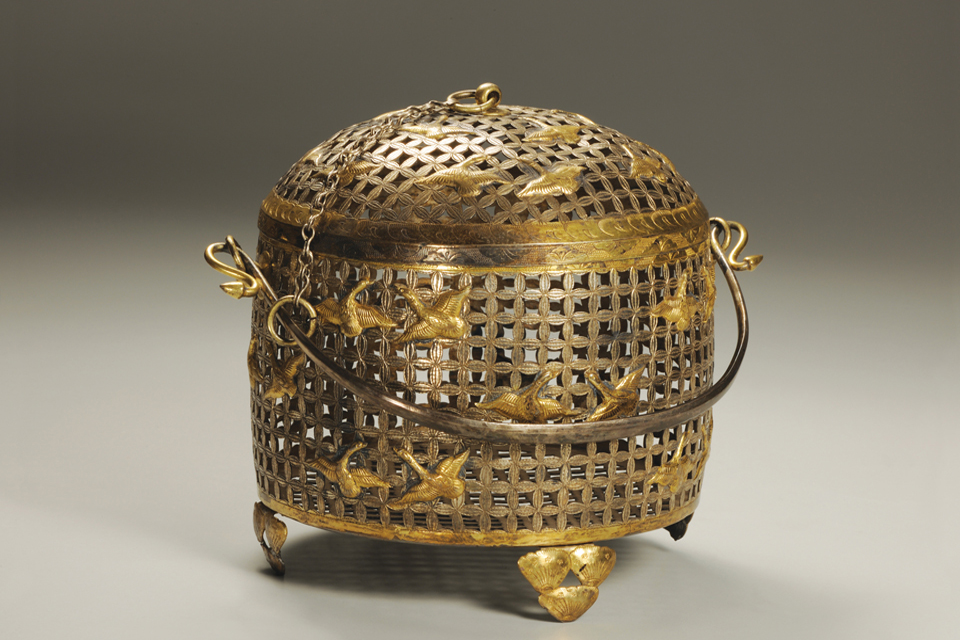A 1987 typhoon dissected a temple in the Famen Temple vertically almost in half, revealing a well-preserved series of chambers that contained millennium-old treasures from the sophisticated Tang dynasty.
These precious artefacts are now on display at the Asian Civilisations Museum, in the second exhibition that it has collaborated with the Shaang Province, after the well-received Terracotta Warriors: The first Emperor and His Legacy exhibition in 2012.
The exhibition, open since Jan 17, starts with objects from the Tang tombs, which will give visitors a window into understanding Tang culture circa AD 618 to 907 and its concept of afterlife. As with the terracotta warriors before them, statues of camels, horses, servants, as well as court officers are aplenty, and these were kept in the tombs in hopes that the rulers would have them in the afterlife too. This collection also includes the infamous zhenmushou, the lion-like tomb guardian.
 Visitors will also get to see tea utensils and the rich tea-drinking culture that the Tang court indulged in. Tea, even then, was stored and compressed into cakes, and only broken apart, ground, and brewed whenever needed. A salt cellar can also be seen, revealing that, surprisingly, citizens used to add salt instead of sugar to their tea.
Visitors will also get to see tea utensils and the rich tea-drinking culture that the Tang court indulged in. Tea, even then, was stored and compressed into cakes, and only broken apart, ground, and brewed whenever needed. A salt cellar can also be seen, revealing that, surprisingly, citizens used to add salt instead of sugar to their tea.
 Relics of Buddha, which the temple is famous for, are kept in a small jade coffin, which is part of a nested set of 5 layers. The coffin is kept in a crystal sarcophagus, then a sandalwood box, this box, which is deemed to be the most sacred, as it was found to be the most hidden and protected, and finally, a casket.
Relics of Buddha, which the temple is famous for, are kept in a small jade coffin, which is part of a nested set of 5 layers. The coffin is kept in a crystal sarcophagus, then a sandalwood box, this box, which is deemed to be the most sacred, as it was found to be the most hidden and protected, and finally, a casket.
A closer study at this Tang jug will also tell you globalization is hardly a modern concept. The jug with faces molded upon it looks more inspired by South Asian cultures and was for worship of another reliquary. This showed how open people were to trading and foreigners during the Tang Dynasty.
Besides portraits of the fallen pagoda of the Famen Temple, visitors will also be greeted with photos of the ruins, and a large photo of the foundations of the pagoda. Children will also have fun decorating the paper fans provided by the museum; adorning a typical, white-painted face of women in the Tang dynasty by choosing from among stickers of eyebrows, lips, as well as other facial decorations.
The exhibition runs until May 4.


